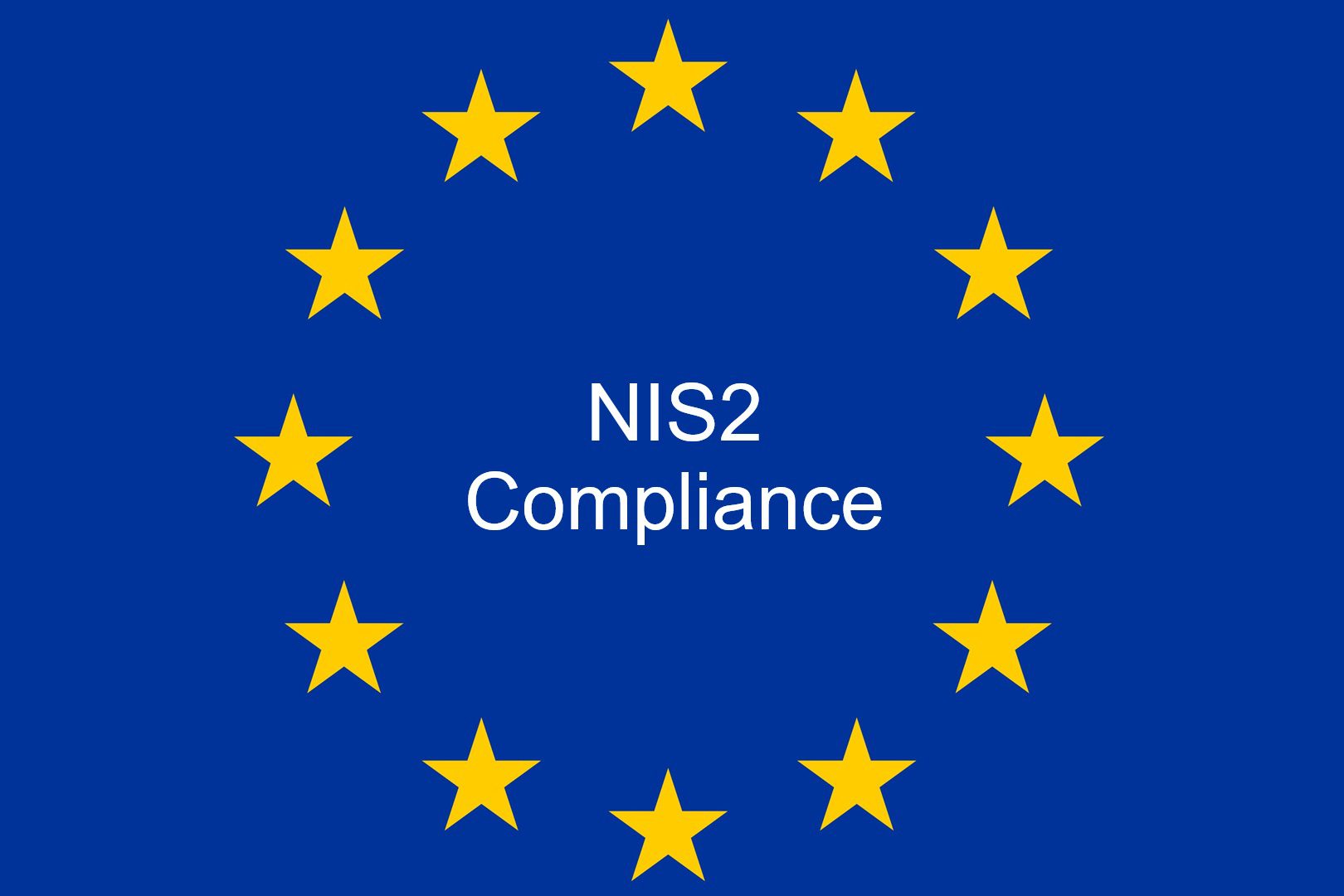Inside Trading is NIS2 compliant company.
The NIS 2 Directive (Directive (EU) 2022/2555) is a legislative framework designed to enhance cybersecurity across the European Union by establishing a high common level of security for network and information systems. It builds upon the original NIS Directive, expanding its scope and strengthening requirements to better address evolving cyber threats.
Under NIS 2, essential and important entities must adopt appropriate, proportionate technical, operational, and organizational measures to manage cybersecurity risks. These measures aim to protect network and information systems, as well as to prevent or minimize the impact of incidents on service recipients and interconnected services.
The directive mandates an “all-hazards” approach, meaning that entities must be prepared to address a wide range of threats, from cyberattacks to physical disruptions, ensuring comprehensive protection and resilience in their operations.


